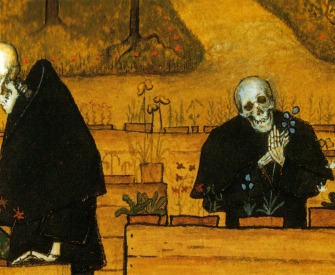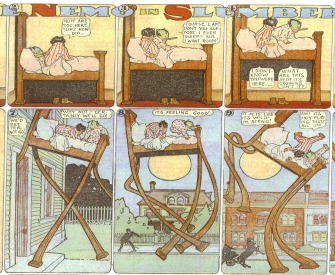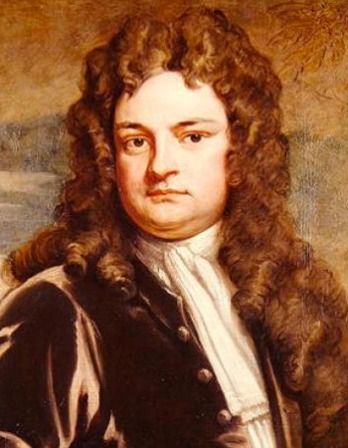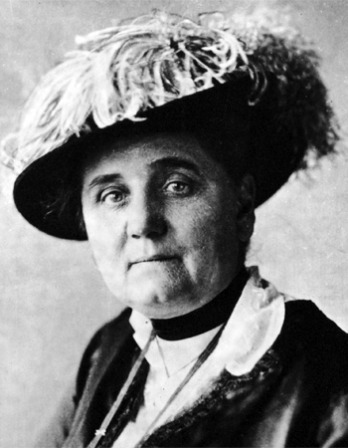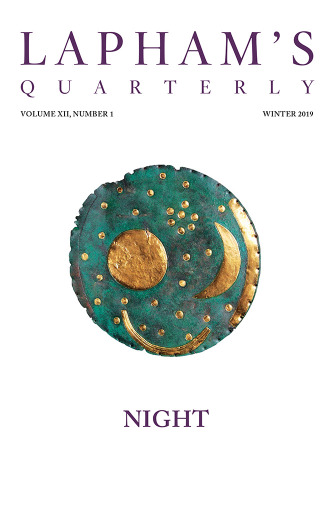The strength of a family, like the strength of an army, is in its loyalty to each other.
—Mario Puzo, 2001The Stories We Live With
Death turned his brother into a cipher, and it would take a return home to collect the pieces of a shattered life.
By Philip Connors
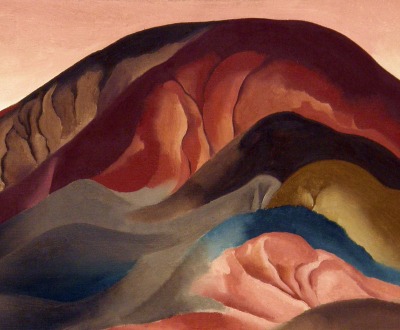
Rust Red Hills, by Georgia O'Keeffe, 1930. Oil on canvas. Brauer Museum of Art, Valparaiso University, Indiana.
We tell stories about the dead in order that they may live, if not in body then at least in mind—the minds of those left behind. Although the dead couldn’t care less about these stories—all available evidence suggests the dead don’t care about much—it seems that if we tell them often enough, and listen carefully to the stories of others, our knowledge of the dead can deepen and grow. If we persist in this process, digging and sifting, we had better be prepared for hard truths; like rocks beneath the surface of a plowed field, they show themselves eventually.
The story of my brother’s life is complicated by the fact that in my earliest memories there is no such thing as him or me. My brother was born one year and nine days after me, and although I was older, I have no recollection of life before he arrived. Growing up on a small family farm, we were alone in our play, and before the age of five it was always Dan and me together, sneaking strawberries from the garden, building snowmen in the yard until the darkness fell and our cheeks stung from the cold, whispering in our bunk beds at night. We were more than accomplices, much more even than friends; we were all the other had.
My going to school a year before him loosened that bond, as did overheard jokes about our paternity, for though we were close in age we soon became very different people, to the point where that was our most notable characteristic, the one other people fixated on—our difference. The contrast began but did not end with our physical appearance: his hair was red and his skin pale, while I had our mother’s olive complexion and black hair. Our personalities and interests formed as distinctly as our features. As a teenager my major obsession was sports. I trained for basketball and track in the humid clamor of the school weight room; I pored over copies of the Sporting News after I finished my homework at night. Dan focused his efforts on the wood shop, becoming skilled enough to hire on during summers with his shop teacher, with whom he built furniture and cabinets. As a wrestler, he viewed my passion for basketball as something of a retreat from manlier pursuits. Insofar as my teenage mind believed anything with bedrock conviction, it was that the fast-break style of the Los Angeles Lakers in the Showtime years was the pinnacle of team-sport artistry, and Dan responded by claiming that the Detroit Pistons—known as the Bad Boys, for their intimidating physicality and brutish antics—were his favorite team. Sports fandom, I see now, was an incidental part of his life, a wholly reactionary stance. He spent the weekends tinkering with cars, an investment of time and energy that confounded me, since he would smash them during races at the county fair each August, undoing all his hard work in a few loops around the track.
Our divergent life choices after graduation surprised no one, each of us serving as a foil for the other. He entered the blue-collar workforce, installing fiber-optic cable, while I, sensitive and brooding, went to college thinking I’d become a writer. People no longer joked about how different we were. After a certain point, it was too obvious to be funny.
During winter break my junior year at the University of St. Thomas, in St. Paul, I took a week and drove to Albuquerque, to look in on his life in New Mexico. Dan had lived there for two years, and although we’d seen each other a couple of times around the holidays, I’d yet to pay him a visit in his new home. He was to be married that June, and I figured I ought to meet his fiancée before the week of their wedding. When I arrived, it seemed we were the same oddball brothers, only more so. We eyed each other warily, him in pointy-toed cowboy boots and a big white ten-gallon hat, me decked out in the uniform of the aspiring campus radical: East German army pants and calf-high combat boots, aggressive sideburns sculpted on my cheeks.
Family having a meal, China, c. 1900. © Bibliotheque des Arts Decoratifs, Paris, Archives Charmet, The Bridgeman Art Library International. 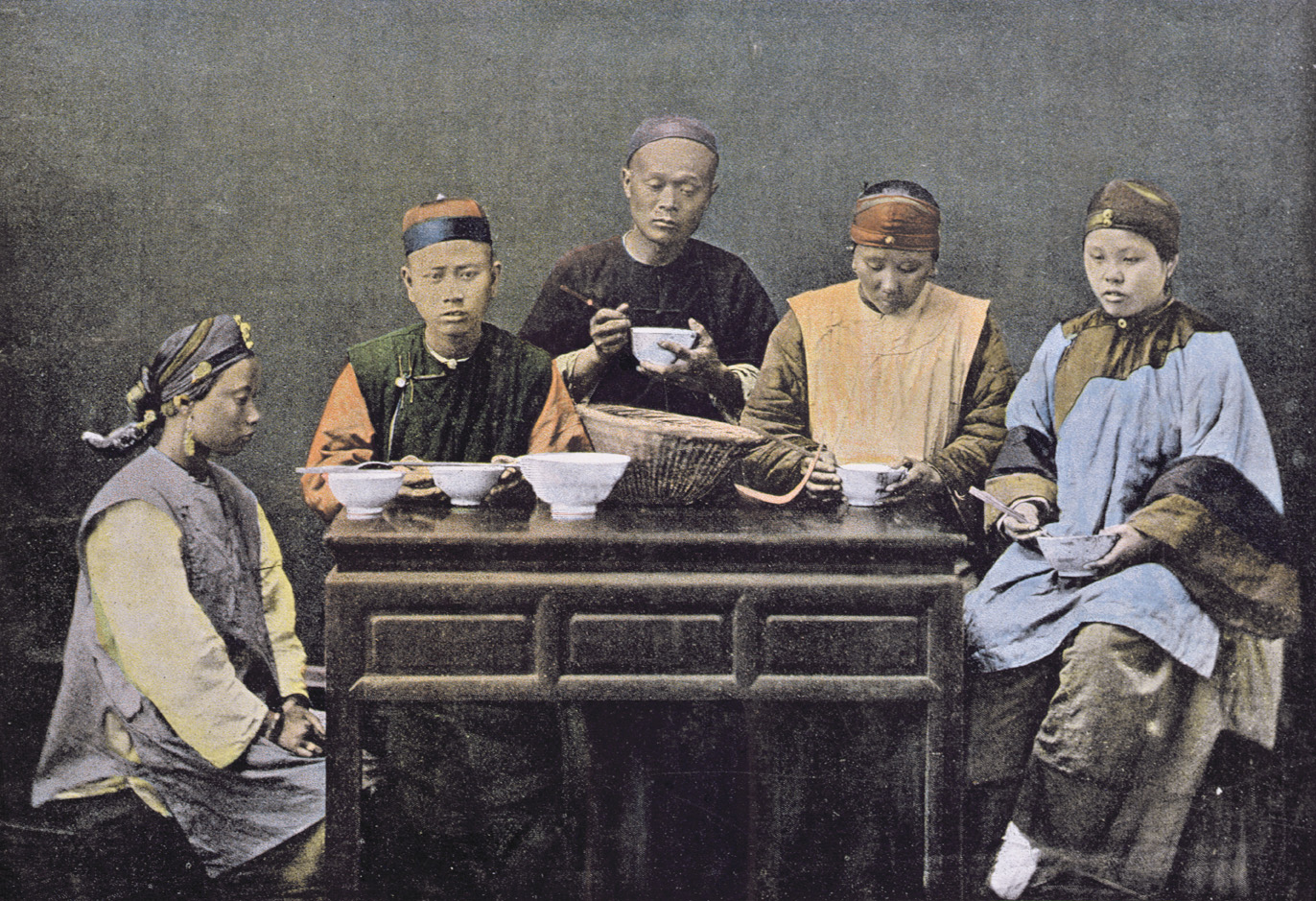
My future sister-in-law was a severely pale kid with dark hair, dark eyes, and nail polish of such a deep purple it was almost black. The key word here is kid. She was only seventeen and hadn’t yet graduated from high school. She’d be legal to buy a pack of cigarettes just weeks before the wedding. She showed an adoring deference toward Dan—a kind of puppyish infatuation in her eyes and in the tilt of her head—that I knew would one day fade, and I hoped it wouldn’t curdle when it did. She was inordinately curious about me, as if every word out of my mouth might contain a clue to certain aspects of Dan’s past and personality about which she knew little, or at least not enough.
Dan wanted to introduce me to his newfound passion, hot-air ballooning, so we woke early one morning and drove toward the mesas north of the city. The dawn sky was turning pink. The air was crisp and cool. We drank coffee from a thermos and rubbed our hands to warm them. With the woven-cane basket out of the truck bed, Dan unrolled the balloon on the mesa and pointed a big fan at the balloon’s mouth. He turned on the propane burner, the balloon began to inflate, and as it did Dan tugged the cloth here and there to keep it from snagging. He walked around with rapt attention, like a sculptor teasing life from stone. Bit by bit the balloon swelled.
Just then a breeze came up. Dan jumped in the basket. I got one leg in while the bottom of the basket scraped and bounced along the ground. He pulled me in just as we lifted off. We rose a thousand feet in the air, then a thousand more. The city spread beneath us like a twinkling arrangement of jewels in the rising light of dawn, the dun-colored earth inscribed by the green valley of the Rio Grande, the city crowned on the east by the rugged bulk of the Sandias. We drifted north and east with the wind. Somewhere off in the distance I heard the bark of a dog.
Dan manned the propane burner with unshowy confidence, his masculine grace accentuated by his first real stab at a mustache—not bad for twenty-one. He pointed out the city’s major landmarks: the university, the airport, the Old Town. I nodded and looked where he told me to, but it was him I watched most intently. I felt as if I were seeing him clearly for the first time in my life—no longer the eternal kid brother but a man in his own right, possessed of talents I was finally able to acknowledge and respect.
Among some hot-air balloonists there was a baptismal tradition that my brother honored: when someone made his virgin flight, the occasion was marked with champagne. Once we were back on solid ground I was instructed to kneel, hands behind my back, and bend toward a small paper cup of champagne nestled in the grass. The idea was to grip the lip of the cup in my teeth and drink the champagne by tilting my head, or so I was told. In reality the whole thing was a setup, meant to place me in a defenseless pose. Standing above me, ostensibly to make sure I didn’t use my hands, Dan waited until I leaned forward and then poured the rest of the bottle over my head. I roared up shaking like a muskrat, wiping the bubbly from my eyes.
Welcome to the club, kiddo, he said.
Right then, soaked with champagne, Dan standing next to me with a mischievous grin on his face, my sudden surge of admiration for him blossomed into something more powerful, nearly overwhelming. The feeling was so new and unexpected I could not find the courage to express it, and besides, words of appreciation had never come easily to either of us. So we drank beer and made dinner and spoke of work and school and other harmless pleasantries. We played a game of Monopoly with his future in-laws, settling back into the rituals of good-natured competition. At one point, apropos of the coming holiday, he mentioned that he planned to take a trip over the long weekend, since he’d have Martin Luther Coon Day off. He smirked when he said it. I couldn’t believe what I’d heard: the great martyred saint of American ideals, among the highest-ranking members in my pantheon of heroes, and he’d slurred him just to show off.
I didn’t want to relinquish my upwelling of brotherly pride, so I tried to ignore him, went to the fridge for another beer. I couldn’t blame him, I figured. He was taking his cues on the postures of masculinity from the men he was hanging around at the time, men you might call, to be gracious about it, illiberal. With time and maturity he’d see the folly of such crudity, hopefully sooner rather than later.
I left the next morning on the long drive home. His fiancée called off their wedding not long afterward, a fact relayed to me by our mother, so our plans to gather as a family that summer in Minnesota were scrapped. Pretty soon he had a new girlfriend, an older woman, still married but separated from her husband, and all thoughts of a wedding were forgotten.
Later I came across a letter my mother had sent me that autumn, in which she’d written, “Dan is still waiting for you to call him back. He called you during a football game, and you said you’d call him at halftime.” The plaintive tone of her note pierced me, and the evening came back to me with awful clarity: my watching a Monday Night Football game at home in Minneapolis, half drunk, answering the phone and wanting nothing to do with him, making a lousy excuse to keep the conversation short, saying I’d call back later. It was the only time he called me over the final year and a half of his life, and I never did return the call, for reasons that remain obscure to me, although they must have had something to do with the words Martin Luther Coon Day. That was the last thing I had of him, and I came to hate him for it. Hated myself, too, for though I’d wanted to bask in the purity of my rediscovered love for him, he’d muddied the water with one off-color comment, for which I could not find it in myself to forgive him.
That was January of 1995. On June 2, 1996, I arrived in New York for a summer internship with a magazine, a final notch on my resume before I graduated with a degree in print journalism. I’d been in the city barely twenty-four hours, bags not yet unpacked, when my father called to say my brother had shot himself with a semiautomatic assault rifle.
Ask anyone who’s acquainted with a suicide: we all have a “what-if” story. The impulse to craft a counterfactual narrative is impossible to resist. For years the thought that shadowed me was that with a properly timed phone call I might have saved him. On the day of his death, I called and spoke to our mother to let her know I was in New York safely. She said she’d spoken to Dan earlier in the day, and he confessed that his girlfriend, the older married woman, had broken up with him. She said I ought to give him a call; it might cheer him up to hear from me. I told her I’d call him when everything settled down for me in New York, when I felt more at home. After I hung up the phone I put it out of my mind and thought instead of my starting work the next day. When the phone rang again, it was my father.
The proximity of these phone calls haunted me. I couldn’t help but think that if I’d just called him that night, like my mother suggested, I might have prevented his death by speaking a few simple words to him over the telephone like a decent brother. But then I’d never thought of myself as my brother’s keeper while he was alive. He was tough and reticent, self-assured and seemingly unflappable. He didn’t need me looking out for him. He could look out for himself.
Now he no longer had any such choice, and neither did I. Our mother and father could barely speak of him. To become the guardian of his memory suddenly seemed the most pressing business of my life. Who besides me would assume the role of curator of his story? I undertook the task with compulsive rigor. I wore the flannel shirts he’d left behind until they hung on me like rags. I went to the police for a look at their reports. I went to the office of the state medical examiner for copies of the autopsy findings. I ordered duplicates of the photos taken by the cops and the doctors, photos of him dead in situ, clinical close-ups of his wounds. I stared at these pictures, trying to penetrate the mystery of him, the mystery of how he’d arrived at this place, sprawled on the couch, gun at his side, his head exploded from the force of the bullets. I read and reread the reports, trying to find some hidden significance in phrases such as “portions of cerebral hemisphere are submitted in a separate plastic bag.”
Suicide turned him into something of a cipher. People saw him one way or the other: sufferer or coward, victim or murderer. He either succumbed to outside forces or succumbed to the darkest forces within. In the days and weeks after his death, when people’s explanations were forming and then soon calcifying—little stories they thought they could live with—I often thought I must be the only one who vacillated between the two extremes, pitying him one hour and hating him the next. Everyone else, it seemed, had chosen a fixed version of his story. The gunshot was a sudden impulse, the gunshot was a calculated rebuke. He slipped over the edge, he was pushed over the edge. He was broken by a battle with depression, he was broken by the sudden loss of love. He was afraid of failure, he was too accustomed to it. He clung too tightly to other people, he didn’t know how to reach out for help. The list of explanations was as long as the list of people who’d known him, and each was a simplification, perhaps even a lie.
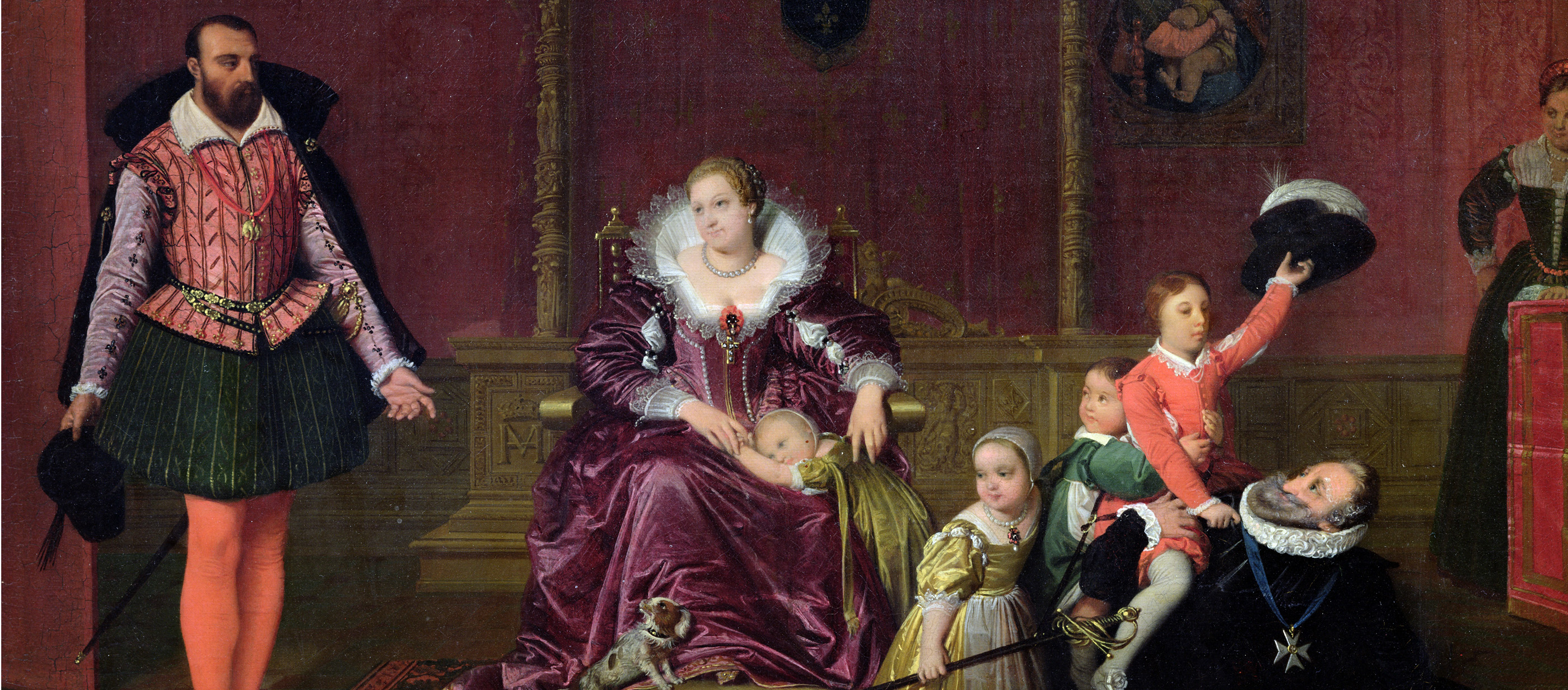
Henri IV Playing with His Children, by Jean-Auguste-Dominique Ingres, 1817. Petit Palais, Paris.
I knew these accounts were attempts by those who loved him to soothe the pain of an otherwise inexplicable absence, and for this I could not fault them. But I took it as my duty to preserve some ambiguity, if for no other reason than to allow him an inner life of some complexity, resistant to pat answers. He deserved that much from his only brother, I thought, and I hoped that time and patience would one day reward me with the truth.
Meanwhile I had a life to live. I graduated from college, moved to New York and landed a job at the Wall Street Journal. I made friends and stumbled into relationships, which invariably foundered on my inability to let myself be known—what with my fervent interest in the concept of self-murder, my acute case of survivor’s guilt. The ambiguity I preserved in the story of my brother’s life became the story of mine too: one minute attentive and the next minute distant, one day hungry for intimacy and the next day desperate for freedom, one week exalted by the energy of the city and the next week oppressed by the weight of all the longing played out in the towers and the streets, in the privacy of little rooms. The enigma of his death made me enigmatic by association, and by remaining so—by refusing to be any one way or any one thing—I honored him. I became him. He would forever remain unfinished, and so would I.
Every other year or so I felt the lure of New Mexico, the place where the pieces of his life lay like a shattered stained-glass window I could not quite restore. Six years after his death I traveled there once more, to sit down with his ex-fiancée and see what I could learn, if anything, from her stories of him—a rather neat role reversal from the first time we’d met. She had grown into a woman in the time since I’d seen her last, married now, with four kids. I had traded combat boots and army fatigues for a suit and tie, my bohemian notions superseded by my need to pay off student loans. We sat and made small talk over beer and pizza, avoiding the subject that had brought us together once more, aware that to broach it was to risk reopening the wound. Finally, with a bit of prompting on my part, she began.
It was like there were two sides to him, she said. He was different when he drank. He got angry. One night he threw a glass against the wall and it shattered everywhere. That’s when I started having second thoughts about marriage. I wondered if I really knew him.
She asked, Did your parents hate me when I called off the wedding? Did they blame me for what happened?
I assured her they didn’t. A full year separated the planned wedding day and his death. If anyone, they blamed the new woman, the older married one who, rumor had it, had played rather carelessly with his heart.
She leaned across the table, and a hush came over her voice.
Nobody, who has not been in the interior of a family, can say what the difficulties of any individual of that family may be.
—Jane Austen, 1815I don’t know why, she half-whispered, but I feel a strong connection to you. Like you’re my brother in a weird way. I know that makes no sense, since we only saw each other once before, but maybe we went through some of the same things afterward.
Yes, I told her, no doubt we did.
There’s something I want to ask you, she said. Dan had a secret. I’m pretty sure I’m the only one he ever told, but I wonder if he told you too.
I wasn’t sure what she meant, but I couldn’t think of any secret.
What she wanted to tell me was that my brother had been raped. Dan shared this with her not long before they broke up. He was drunk one night, and they fought. She suspected that he knew he was losing her. Through his anger and his tears he told her the story, how he’d been just a child when it happened, six or seven years old if she remembered correctly. When she told me Dan’s description of the rapist, I knew exactly who it was.
This news made him even more mysterious and distant to me. How could I imagine that, the act itself, much less what it meant to him? How could I dream my way into his shame? In some perverse way, this revelation put an end to my desire to learn more about his life. I couldn’t bear to think there were more skeletons leering in the closet, waiting to be discovered, if only I managed to find the person with the knowledge of the secret. Besides, learning he’d been raped shifted the blame. Cracks appeared everywhere in my story of who failed him, and how, and when. Although I’d refrained from crafting elegant theories about his motives, in effect offering a forgiveness he did not seek for an act he did not explain, I’d failed to grant myself a similar pardon for my inability to save him. The simple and persistent notion that it was my failure to call him that led to his death began to slip away as I found myself unexpectedly exonerated. It was as if I hadn’t been able to bear the thought that his pain was so profound I couldn’t have talked him through it even if I’d tried. I needed the distinction. I needed to believe I was that important to him, although deep in my heart I knew I was not. The news that he was raped as a small boy—this brought to the surface a hidden truth of his death, an obvious truth I had failed, somehow, to grasp: that it was about him. It was nothing personal, at least insofar as his family was concerned. Can we possibly make our peace with that? That perhaps there is nothing we could have done given what we did not know? That he hid his shame so brilliantly, so capably, that we could never have seen him in all his complexity, no matter how hard we may have tried?
This story, viewed in just the right light, absolved both him and those of us who loved him, yet it still had about it the odor of a spoiled fruit. Try for a moment to imagine this being the greatest gift you ever give your parents: the knowledge that their son was raped as a young boy. Imagine hoping that this news can be—in addition to many other things—a source of some small comfort and even relief. So it wasn’t inexplicable, his death. It didn’t arise out of nowhere. People who report being sexually abused as children are six times more likely to attempt suicide, according to reliable studies. So there you have it: sleep tight, Mom and Dad.
Imagine the act of traveling halfway across the country to confront a child rapist being the one thing you can do in your brother’s memory that seems worth a damn anymore. Imagine being ushered into his bland middle-manager’s office, finding him a little flabbier than you remembered, a bit too falsely jovial, and shaking his hand, exchanging polite meaningless words, smiling at this man you can’t help thinking is responsible for your brother’s demons, your brother’s death, no matter the voice of calm and reason in your head. The small talk dwindles to inanities; the moment arrives when you must announce the purpose of your visit. Imagine feeling the most unexpected thing just then: nervous, ashamed even somehow. What if you have the wrong guy? What if your brother made up a story for sympathy in a moment of crisis, when he felt himself to be losing his fiancée? Imagine thinking, for even an instant, that your brother was capable of inventing such a story to manipulate a woman he loved.
Imagine a flush of color rising up the man’s neck as you say the word rape and him saying, in reply, I have no recollection of a such a thing…Imagine wanting to break his soft and trembling face, more than anything you’ve ever wanted in your life—not to deny the charge outright but to claim no memory of the thing happening. Imagine taking his hand in yours against his will before you leave, a vice-grip of a handshake, and wishing you felt his finger bones snap like pretzels in your palm.
Outside, snow was falling, a full-on blizzard. My work was done. There was no more justice to be wrung from the affair. He would always know I knew. My brother was dead and he wasn’t coming back. Something inside me gave way and shattered. I fell over in the snow, unable to walk another step. In that moment, I wanted nothing more than to lie there making a snow angel, an absurd impulse, but one I didn’t care to resist. I laughed and cried, my arms and legs flapping in the snow, flakes melting on my cheeks and merging into rivulets with my tears.
